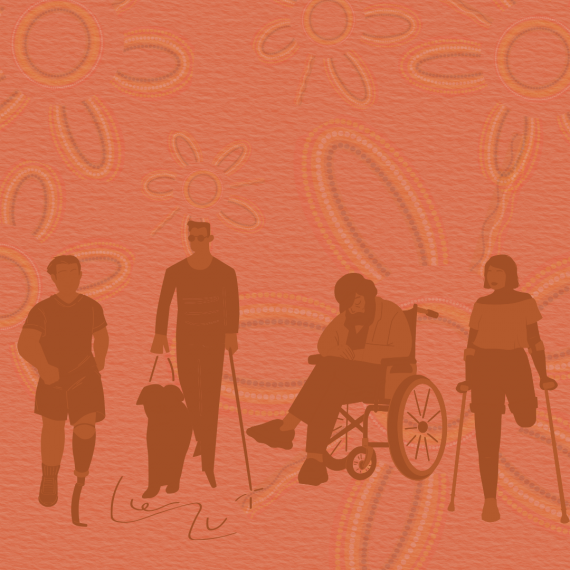
Advocating for Indigenous Persons Living with Disability: An Interview with Evelyn Huntjens
The University of Guelph is celebrating Indigenous Recognition Week from January 15-19, 2024! In support of this event, we are sharing our interview with Evelyn Huntjens about Indigenous Disability Awareness Month (IDAM), which takes place annually in November, and her work in supporting disability services to Indigenous peoples.